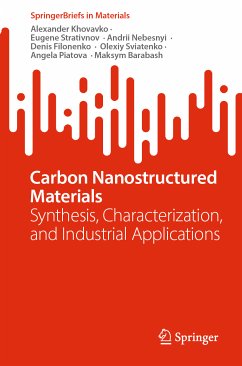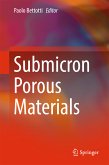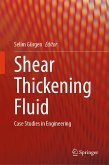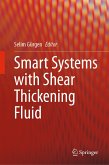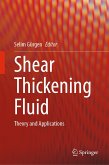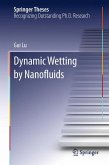The book describes various synthesis techniques, particularly emphasizing the continuous synthesis of carbon nanotubes (CNTs) on metal catalysts using chemical vapor deposition (CVD). It also discusses computational fluid dynamics (CFD) modeling of heating processes associated with carbon materials, crucial for understanding the thermodynamics of complex gas systems relevant to CNTs synthesis.
Furthermore, the book discusses the structural properties of carbon nanomaterials, employing techniques such as Raman spectroscopy and optical microscopy. It provides detailed insights into the design and optimization of modern equipment for CNTs synthesis, with a focus on energy-efficient reactors for thermally expanded graphite (TEG) production.
Beyond synthesis methodologies, the book explores applications of carbon nanomaterials, including their use in lithium-ion batteries, water purification systems, and nuclear reactors. It offers a serious examination of the potential environmental and technological implications of these materials.
Comprising three distinct parts, each supplemented with comprehensive summaries, this book serves as a valuable resource for researchers, engineers, and graduate students in material science, thermal engineering, and nanotechnology. It presents empirical findings, theoretical insights, and practical applications, establishing itself as a valuable addition to the literature in the field of carbon nanostructured materials.
Dieser Download kann aus rechtlichen Gründen nur mit Rechnungsadresse in A, B, BG, CY, CZ, D, DK, EW, E, FIN, F, GR, HR, H, IRL, I, LT, L, LR, M, NL, PL, P, R, S, SLO, SK ausgeliefert werden.

